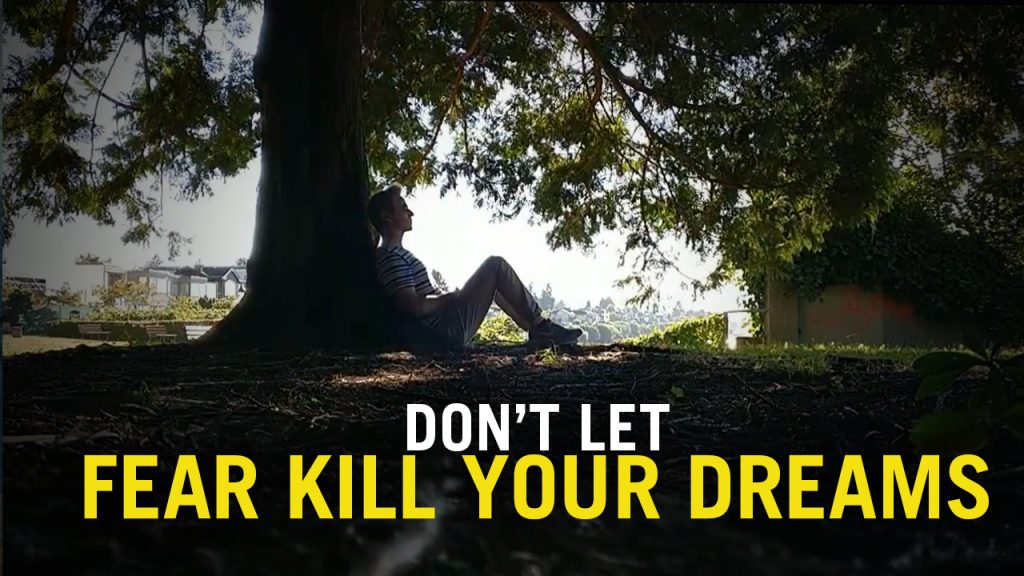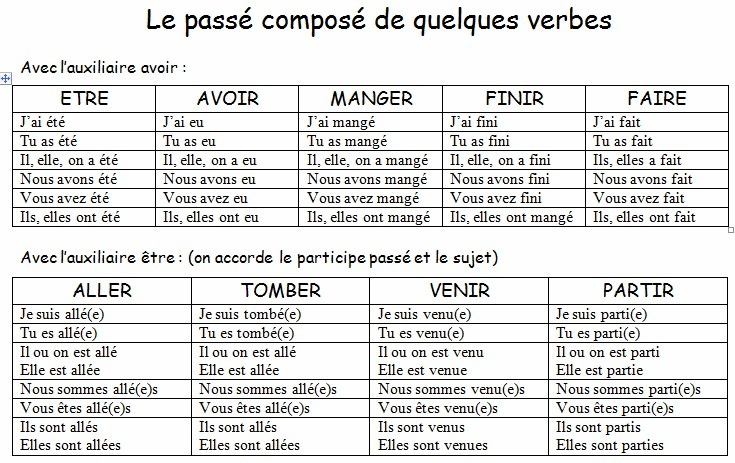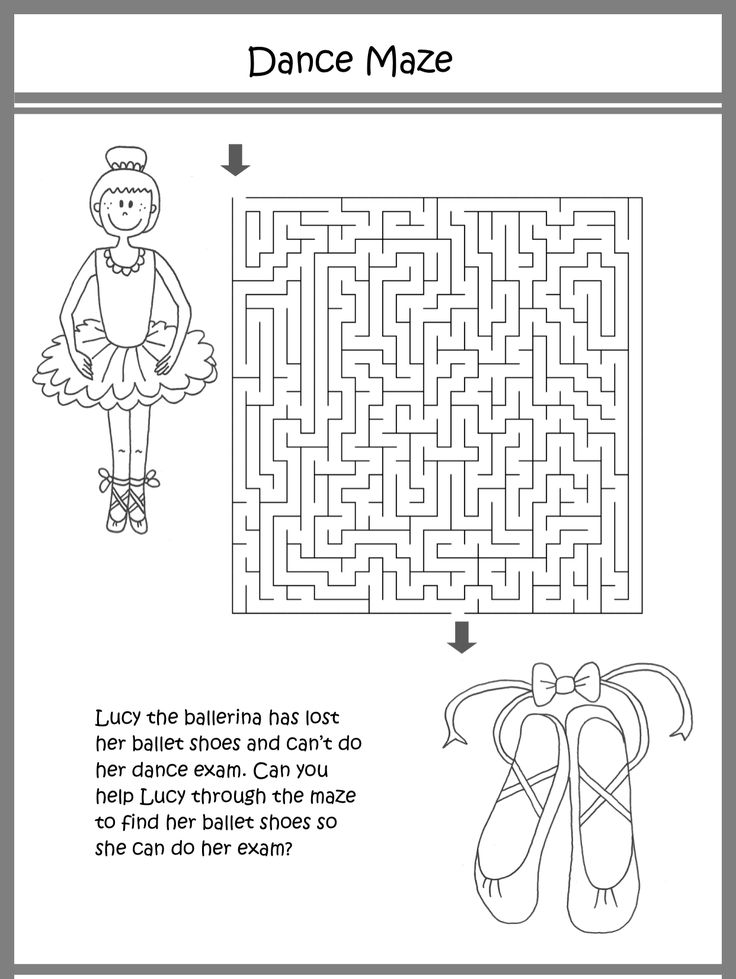How to overcome fear of dancing in public
How Do I Overcome My Fear of Dancing?
Subscribe Today!
Let's just put this out there on permanent record: It's normal to have a fear of dancing.
It's not unlike any other new and slightly scary activities like driving in a new part of town, giving a best man toast, or bungee jumping over daggers, lava, and big hairy spiders.
It's self preservation. You know, that instinct that makes the hair on the back of your neck stand up when you're walking into a dark room, or, you know, bungee jumping over lava. Since a dance floor doesn't pose any real threat to your life, Sigmund Freud may have labeled this fear as neurotic.
We'd just call you a regular person.
"How Do I Overcome My Fear of Dancing?"
This is a response by Chris Lynam, the author, on the question and answer site Quora
1. Eliminate the Myths There are a lot of myths that keep people on the sidelines, and off the dance floor. They are told over and over, like some folk legend that is now a forgone conclusion...
And they are all fake.
- "I was born with two left feet...."
- "You're either born with rhythm or not...."
- "Dancing just isn't for me..."
Did you ever wonder what these dancing babies looked like? You know, the ones without two left feet, with rhythm, who all said, out loud, that dance was their hobby of choice?
VERDICT: FAKE
Here's the Truth
- Everyone, in any hobby, needs instruction to get better. Learning to dance is no different. Whether you cal that "two left feet" or "super awkward", everyone looks and feels that way until they take lessons.
- Rhythm is not a born with, or born without skill. It's a skill. Skills can be taught.
For more on this, take a look at 6 Myths About Dance Classes2.
 Schedule A Lesson
Schedule A LessonThere is no way of conquering your fear for something by avoiding it.
- Find a school that specializes in dance instruction. Not a gym, a community center, or a nightclub.
- Take PRIVATE LESSONS. More expensive, but worth every penny. You need a personal trainer to see you through this transition.
3. Eliminate the GapsNeed more convincing? Try out a free private lesson at Arthur Murray and put the myths to the test
Avoid long gaps between your dance lessons. If it takes you 30 minutes to get comfortable, and your lessons are 45 minutes - waiting a week won't reduce that time on your next lesson.
-30 + 45 = 15
On the other hand...
If it takes you 30 minutes to feel comfortable, and you take a 90 minute lesson, then you've got 60 minutes of positive territory developing a new comfort zone.
-30 + 90 = 60
You can choose your own calendar, and the closer you keep your lessons scheduled, the sooner you'll feel acclimated.
4. Avoid Early AssessmentsFor new students, try reading: Your First Lesson at Arthur Murray - Perception Vs. Reality
Every lesson you're making progress, feeling more comfortable, but no matter what you do... avoid making assessments.
It would be unfair to judge the entire process at such an early stage.
It would be like judging a caterpillar in a butterfly contest. It's too early!
During this time you should:
- Let your teacher give all the feedback.
- Avoid watching yourself in the mirror.
- Don't try to practice, or fix things, at home.
- Keep an open dialogue with your teacher if you have concerns.
At this early stage, it's easy to toss the entire idea of dance lessons out the window. So leave the assessments and pass/fail opinions to your teacher.
5. Attend A Group Class Yes, group classes can seem scary, but they have a much bigger purpose than a few extra dance steps.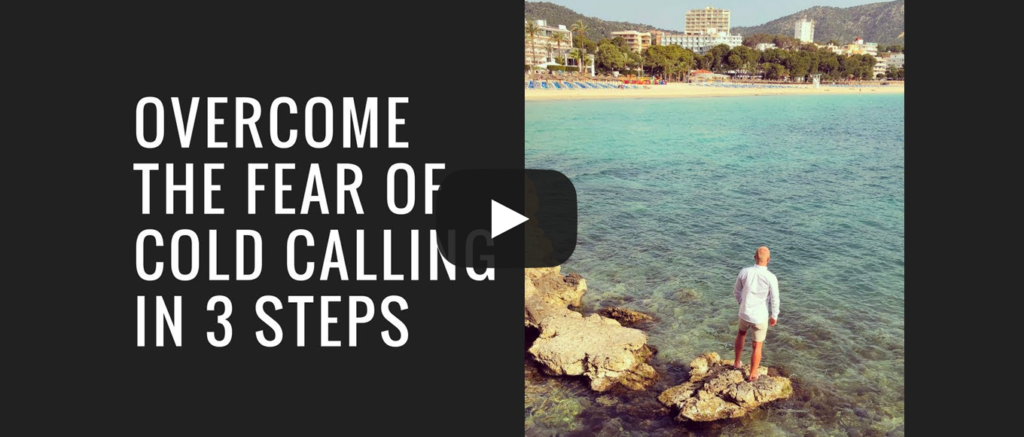
You need proof, social proof. A group class is the perfect opportunity to:
- Meet other new students and share your stories
- Meet newer students! Wow, if there's someone more afraid than you, won't that open your eyes to your progress?
- Get positive reinforcement - it's great when you hear your teacher tell you that you're improving, but when you hear that from others, and tell it to others, it's incredibly validating.
For more helpful tips on group classes, try: 5 Tips To Gain More From Your Group Class
Final Thought
Learning to dance is like flying, driving, or meeting people at a bar. The only way to improve your confidence in the activity is to participate in the activity. Taking dance lessons will make the activity of dancing improve, and, therefore, reduce the fear.
If you ever start to second guess your decision, just remember, you could easily still be at home thinking that you weren't born a dancer.
| How Dance Lessons Set You Apart From Every Other Guy | |
| Dance Advice from the Arthur Murray Champs | |
| Design Thinking and Salsa Dance at Stanford University | |
| Style Upgrades for Guys that Ballroom Dance | |
| 5 Bad Excuses for Avoiding Dance Lessons | |
| 49 Steps to Ballroom Dance Etiquette |
Subscribe to Updates
Popular Posts
Recent Posts
POSTS BY TOPIC
SALT LAKE CITY
389 West 1830 South Suite 500,
Salt Lake City, Utah 84115
801.413.0100
More Info
Hayward
22445 Foothill Bld,
Hayward, CA 94541
510.537.8706
More Info
Livermore
1947 2nd St.
Livermore, CA 94550
925.456.5556
More Info
Redwood City
344 Walnut St.
Redwood City, CA 94063
650. 216.7501
216.7501
More Info
Walnut Creek
1536 Newell Ave,
Walnut Creek, CA 94596
925.301.4123
More Info
San Francisco
211 Austin St,
San Francisco, Ca 94109
415.530.2776
More Info
San Rafael
1654 2nd Street Suite B,
San Rafael, California 94901
415.578.4901
More Info
extravaganza'19
Buy Your Tickets Here!
4 Ways to Crush Your Fears of Dancing in Public | by Stephan Joppich
Photo by Martin Lopez from PexelsThe floor is jumping. Blaring voices drown in deafening beats. Fickle bodies shuffle through sweat-filled air.
See that awkward-looking guy in the corner?
He’s clasping both hands onto his drink, not knowing what to do with his hands. His feet are rooting in the ground while his hips are wiggling in and out of sync with the beat.
That guy used to be me.
I used to hate going out to dance in public.
The only occasion on which I semi-enjoyed it was when I was drunk. Of course, I was feeling all the worse the day after. I regretted the night before and was embarrassed about the very few things I could remember.
Of course, I was feeling all the worse the day after. I regretted the night before and was embarrassed about the very few things I could remember.
This was not a sustainable option.
Five years later, I like dancing at clubs, festivals, and parties. It’s not like I’m the dance-energizer of the party. And I probably don’t look like a ballerina either. But my anxiety diminished. I turned into a carefree, energetic, and happy dancer.
I can finally enjoy myself.
Here are the four strategies that allowed me to get to this point — and how they can help you, too.
The first step is to figure out how your body moves. Contrary to popular belief, there are no rules on how to move on the dancefloor. You make the rules. Find your own rhythm and groove.
You can start simple — dance on your own.
This works best when no one is watching. So, if you feel uncomfortable, start completely by yourself. Close the door, shut the curtains, make sure you’re uninterrupted.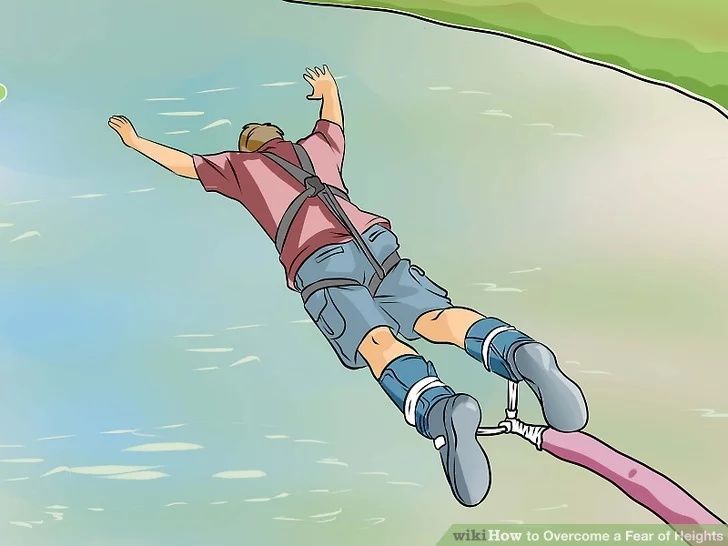 Turn on your favorite music and move to the beat.
Turn on your favorite music and move to the beat.
If you never dance, this won’t come easy.
At first, I was weirdly self-conscious despite being alone. So, I took it a bit further and occasionally closed my eyes. This worked wonders for me. Not seeing my environment allows me to let everything go. I can direct my full attention to the music.
I don’t try to look good. I don’t force any movements.
I just let it flow.
I recently got more into techno, a genre I always hated — or at least I thought so.
The first time I went to a techno party, I just stood there — rooted like a tree. But then, as the DJ transitioned from song to song, something miraculous happened. My head started rocking. And slowly, my hips started moving with the beat. Eventually, my feet shuffled on the floor.
Unfamiliar music always feels weird at first.
That particularly applies if you’re in public. But don’t put everything that’s not your favorite taste off as something that’s ‘undanceable. ’ Start feeling the music. Give yourself time. Listen to the beat, arrange your movement, and let go of any negative bias about music.
’ Start feeling the music. Give yourself time. Listen to the beat, arrange your movement, and let go of any negative bias about music.
Groove into the tunes.
Knowing that you don’t have to start skipping like Michael Jackson once you arrive somewhere is a relief — at least for me. I practice active listening, remember to close my eyes, and start moving to the beat.
As the night progresses, I become one with the music.
Your thoughts and language shape your actions.
For example, one study has proven that the language we use changes our perception of color. The more distinctive our vocabulary about different colors, the faster and stronger our brains can register them.
The language we use focuses our attention and changes our perception. So, of course, telling yourself that you can’t dance at every party will make everything continually worse.
- “Oh no, I can’t dance.”
- “I really shouldn’t. I look terrible on the dancefloor.”
- “Ah, maybe next time.
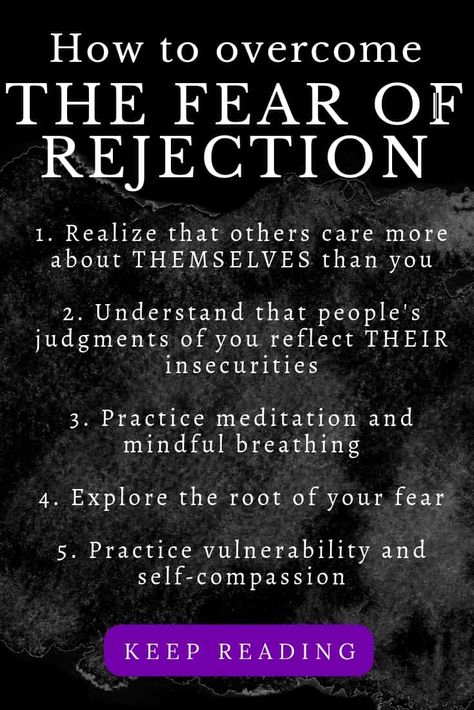 I don’t feel comfortable when dancing.”
I don’t feel comfortable when dancing.” - “I hate this music. I can only dance to my favorite songs.”
It’s okay to have these thoughts.
But remember that there is no such thing as not being able to dance. The act of dancing is one of our most primal human instincts. It unifies us, provides a sense of belonging, and serves for partner selection. An archeologic study dates back to a massive stone age rave that took place about 8400 years ago.
They really knew how to club. (Pun definitely intended.)
When I struggle with negative thoughts, I always remind myself of a story that happened to a friend. She was out to dance at a nightclub. She is — much like me — someone who never thought of herself as the next The X Factor contestant.
“But on this one night,” she told me, “I just didn’t care anymore. I danced my ass off and moved however I wanted to. Later that night, when I was about to leave, a guy approached me. He told me he loved the way I danced — so freely and carelessly. He admired the fact I let loose of my self-consciousness. And he kindly asked for my number.”
He admired the fact I let loose of my self-consciousness. And he kindly asked for my number.”
They didn’t end up together. But it made my friend really happy. And it shows how good things can happen when we let everything go.
This is a lesson I learned way too late.
Self-aware thoughts about how stupid or clumsy you might look are irrelevant. Why? Because people don’t really care. The person who cares the most (by far) is you. You’re setting yourself up to freeze, not flow.
Psychology has a name for this: the spotlight effect.
We tend to think people pay more attention to us than they actually do. What does that mean for dancing? People don’t even know you’re insecure about dancing. On top of that, they’re busy paying attention to their own dance moves.
And even if someone says or thinks you look stupid — Own it!
What right does that person have to judge you for how you move? If that’s how you felt the music and translate that sound into movement, it’s more than legitimate.
Never let someone bring you down. As cliche as it sounds — the only person in the way of enjoying dancing is you.
Learning to enjoy myself while dancing has transformed my life.
Not only in public but in private. Whenever I feel down, I put a record on and dance in my room. And whenever I’m out with friends, I can let myself go. Instead of worrying about what others might think about me, I just enjoy the night.
That said, on some occasions, I still feel really uncomfortable dancing.
And sometimes, I just don’t feel like it. And that’s fine. In fact, this is my most important lesson: Don’t force anything. If you enjoy the music, dance. If you don’t, investigate where the problem is coming from.
Do you feel pressured to dance or look happy? Then let it go for the night. You don’t always have to be a happy dancer.
Would you like to dance but feel insecure? Then take a step back. Try one of the four strategies:
- Dance on your own — get comfortable with your movements.
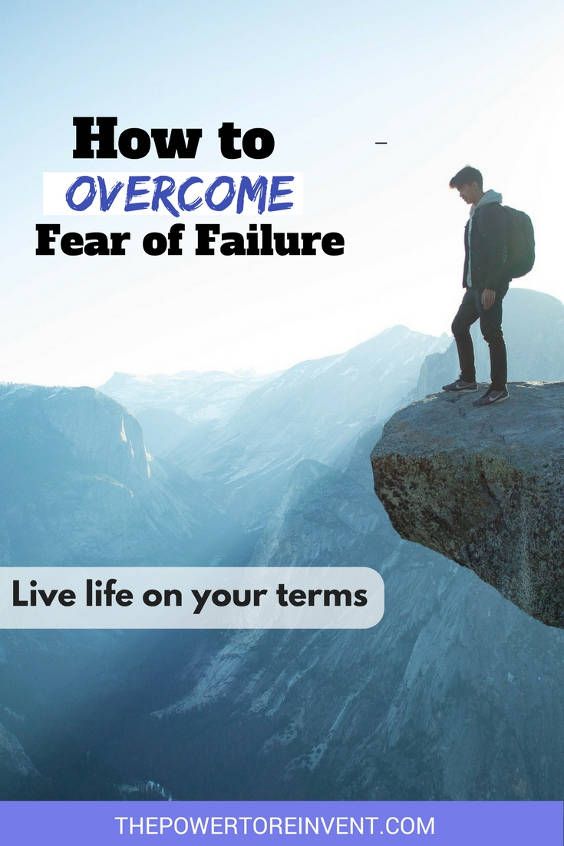 Close your eyes to focus on the music.
Close your eyes to focus on the music. - Groove into the beat — give yourself some time to adapt to the music. It doesn’t always need to be your favorite genre. There’s a lot to discover!
- Notice your language — stop telling yourself you can’t dance. Being yourself trumps any inability to dance.
- Remember the spotlight effect — people care less than you think. They are usually too consumed with themselves to make fun of you.
Ultimately, dancing should be fun — enjoyable, freeing, and energizing. Not something infested with anxiety or worries. So, if you’re ready, you can feel that magic today.
All it needs is you, some music, and the will to move freely.
Everything else will take care of itself.
How not to be afraid to speak. Dancing and speaking
I remember how scared I was before going on stage for the first time. After the first dance before the second, the jitters only intensified and I generally began to perceive what was happening and hear the music badly, it seems that even then my leg was cramped during the dance and continued to dance with my leg closed, and after the performance, the partner seems to have given me a pill to drink from the head. This despite the fact that I already knew how to speak well orally and the students were excited to listen to my reports. But even in oral presentations, my confidence depended on the audience - I was noticeably worried in front of the professors. Since then, I have performed in a tango restaurant, at a wedding, and for money. I remember all these problems of fear of public speaking and I want to share with you how I solved them, because I think the recipe is universal.
This despite the fact that I already knew how to speak well orally and the students were excited to listen to my reports. But even in oral presentations, my confidence depended on the audience - I was noticeably worried in front of the professors. Since then, I have performed in a tango restaurant, at a wedding, and for money. I remember all these problems of fear of public speaking and I want to share with you how I solved them, because I think the recipe is universal.
I won't say the standard advice "do what's scary", "go at your own risk". This is a difficult masochism, although it is clear that when you decide, the fear will weaken - the more often you perform, the easier it is. But the fear of performing, as experienced well-known actors say, they still have. Let's dig deeper into the causes of fear. And I'll tell you how I got rid of mine.
Where does the fear come from
If you are afraid to speak, you are afraid to make a mistake, to do something wrong, you are afraid to forget, to stumble, to go astray, you are afraid that people will not like it, that they will not clap or even disgrace you.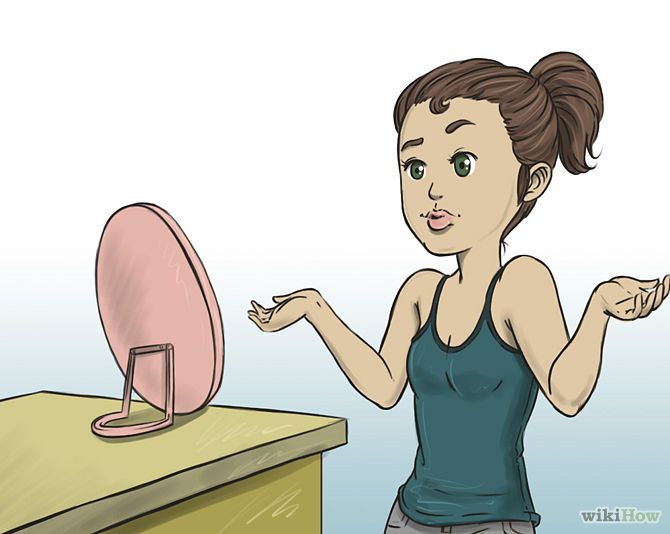 Perhaps, before a performance, you draw terrible pictures in your head, how they whistle and hoot at you, point a finger at you and laugh at you, or silently condemn with reproach. In general, you are afraid for your self-esteem, it may suffer. And it's true, she can get hurt, the fear is reasonable.
Perhaps, before a performance, you draw terrible pictures in your head, how they whistle and hoot at you, point a finger at you and laugh at you, or silently condemn with reproach. In general, you are afraid for your self-esteem, it may suffer. And it's true, she can get hurt, the fear is reasonable.
These are all strangers, on whom you, in principle, do not depend in any way, but for some reason their opinion about your performance is terribly important to you. Why? Why do you care about their opinion?
If you are an artist who sold tickets to your performance, then yes, their opinion should be important to you. Purely pragmatic. But surely you did not sell tickets for your performance. You perform for free for the audience.
You show people how you dance. And their opinion about it is very important to you. Why? This is the key question.
If you record a video of you having sex and post it - will you have the same jitters - what if they boo, what if they don't like it, what if they don't clap? Will not.
If you post a video of how you eat or sit down at the table right in front of this audience and eat in front of everyone - will you worry - “what if I screw up?”, But “what if they don’t like it?”. You will not.
Because when you eat or have sex - you do it for yourself, your task is to enjoy. And when you dance, who do you do it for? For spectators? No, when you perform, you do it FOR YOURSELF - to raise your self-esteem, so their opinion is important to you. When you go on stage, you want to GET something from them - their appreciation of you. This is not altruism, this is infantile selfishness. Hence the fear. You need something from them and you are afraid of not getting it. This is a reasonable fear, because, indeed, you may not get what you want or GET not.
Decision
When you go to a birthday party with a gift, you don't know in advance how the recipient will like it. But you're not particularly afraid. You don't think that the whole birthday party will laugh at you because of your gift.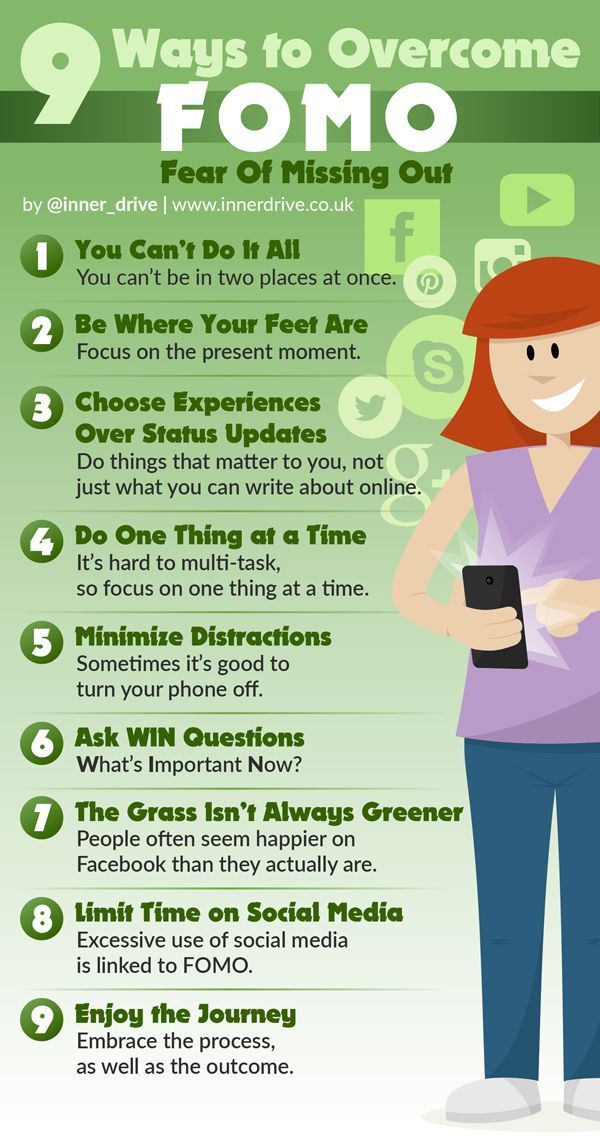 You understand - well, yes, maybe I won’t guess, maybe he won’t like it, but there is no jitters. Why? Because it's a gift. Don't look a gift horse in the mouth, as they say. Those. here, take a bite. And if you don't want it, don't take it, no problem. Usually they take everything for free).
You understand - well, yes, maybe I won’t guess, maybe he won’t like it, but there is no jitters. Why? Because it's a gift. Don't look a gift horse in the mouth, as they say. Those. here, take a bite. And if you don't want it, don't take it, no problem. Usually they take everything for free).
Your performance in front of people is also a freebie for them. They didn't pay for your performance. I invite you to consider your performances as a GIFT. And it is for this purpose that I go out to speak - to make people happy, to GIVE them joy, to show them something interesting, new for them. Performing is not to GET appreciation from them, but to GIVE them what you can. What you can do today. How can you give it. It's like if guests come to you, and you cook food for them. Well, what I could do, I cooked it quickly. What was at hand, she gave. Of course, I tried my best. But this is a gift to them and you are not afraid that they will whistle. The speech is also. Don't consider the performance as your exam, consider it a free gift to the audience.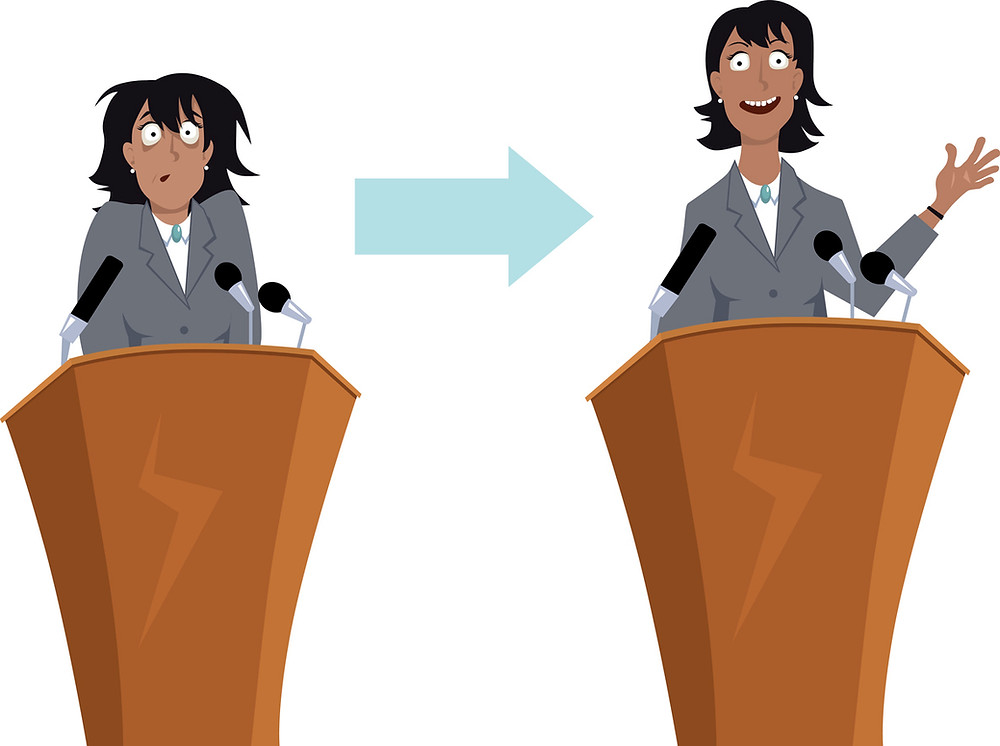 Even if they paid for the ticket - it doesn't matter - go out to give them something, well, what can you do. Whatever happens, they GET. It is better to cook at least somehow than to leave the guests hungry. Of course, we must continue to learn how to cook, but this does not prevent us from feeding people today with our imperfect cooking. She will never be perfect. I prefer a woman to feed me today, not in many years when she learns to cook perfectly, because I want to eat today. Better now as you can than perfect when I starved to death.
Even if they paid for the ticket - it doesn't matter - go out to give them something, well, what can you do. Whatever happens, they GET. It is better to cook at least somehow than to leave the guests hungry. Of course, we must continue to learn how to cook, but this does not prevent us from feeding people today with our imperfect cooking. She will never be perfect. I prefer a woman to feed me today, not in many years when she learns to cook perfectly, because I want to eat today. Better now as you can than perfect when I starved to death.
Also in oral presentations - don't think about judging you, but try to speak emotionally, interestingly, confidently. Like a performance. If this is a presentation of a work project, they will discuss the content, but you focus on the manner of presentation - after all, PEOPLE listen to you, and therefore you need to speak in such a way that they would be PLEASANT TO LISTEN. It is necessary not to report perfectly, but to make people pleasant, well, as far as possible. It's like toasting someone else's birthday.
For comparison: R. Gandapas (a well-known coach of public speaking) recommends to decide on public speaking for the pleasure of overcoming (fear of speaking), to get pleasure from overcoming each time, to be nervous and overcome each time and enjoy it. If you accept my decision, you will not receive this pleasure from overcoming, because there will be no overcoming, but you will receive only that altruistic pleasure, as when you give a birthday present and perhaps a person will be pleased, and you will be pleased with what you have done pleased him.
In order not to get injured from the first performance, like “I never want to perform again, probably this is not my thing at all” R. Gandapas recommends preparing a performance: “the less experience you have, the more time you have to devote to preparing a performance.” I agree. But it's not about many years of studying before performing, it's about many days to prepare a performance for a performance.
Humble yourself
Are you afraid that you will not perform perfectly? Of course, it will be so - not ideal. This is the right fear, but there is nothing to be afraid of, it will not be ideal anyway. Just know in advance that it won't be perfect anyway.
Even if you think it turned out perfect, most people still have different views and values than yours, and they simply won't appreciate your perfect performance, and they won't like it anyway. Humble yourself. In advance. They want it to be as they like - let them hire an artist to their liking and pay him. Whether you need to adapt to the interests of the public is up to you, depends on your goals. Usually it is worth inserting some consumer goods into the performance (say naked female legs, leg swings, feints with legs, acrobatics, frowning eyebrows, face play, pauses and hangs like feelings between us) to keep the masses satisfied. They still won’t appreciate the nuances of the step technique, but what they are wearing is what worries them.
And the more you perform, the easier it gets. Anyway, someone will sleep in the front row, because he did not sleep at night, and someone will pester the girl next door and therefore not listen.
It won't be ideal, but we should strive for it. A lot of people don't like it, but that doesn't matter.
If you are afraid, it means that you are thinking not about bringing joy to people, but about getting their applause. I propose to grow up - to be self-sufficient and give people an excess of their strength, and not seek their approval as from parents in childhood.
In the end, I hope you will gradually come to where I am - losing interest in performances (and in the opinions of the audience about yourself). But first you need to stop being afraid of them. To do this, I suggest that you take the position of an altruist, a giver, think about how to GIVE the audience something pleasant, interesting. Not thinking about how they will appreciate. Focus on the gift.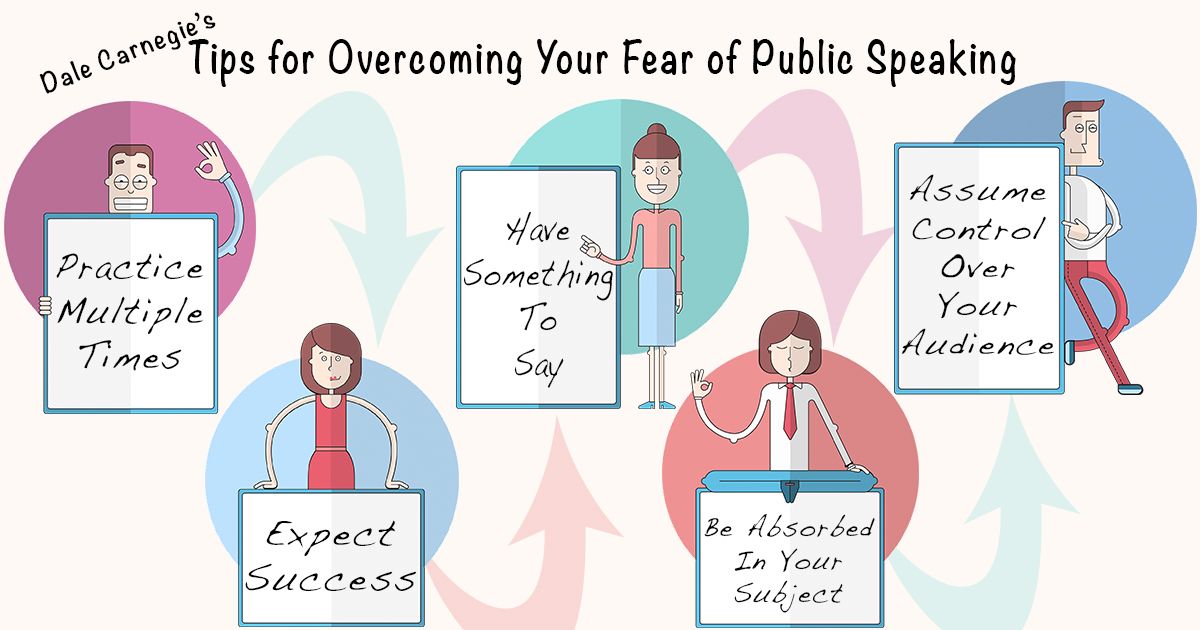 Make it. Better any than none.
Make it. Better any than none.
(c) Andrey Krylov 2018
Do not be shy: 7 ways to overcome the fear of speaking in public
Lump in throat, wet palms, trembling in body. If you feel uncomfortable in front of even a small audience, you know the fear of public speaking. Many people face this problem, and it does not matter whether you are broadcasting at the stadium in front of a crowd of thousands or presenting the project to colleagues. Margo Savchuk, a blogger, entrepreneur, speaker at conferences, shared her personal experience of dealing with the fear of public speaking and gave advice on how best to overcome fear.
Many people want to speak in front of an audience, but even with a strong desire, this is not always possible. For example, from early childhood I dreamed about the stage, I wanted to perform, but I was a terribly shy child and was afraid of people. At the blackboard, I was shaking all over, and I forgot the material, even if I was perfectly prepared for the lesson.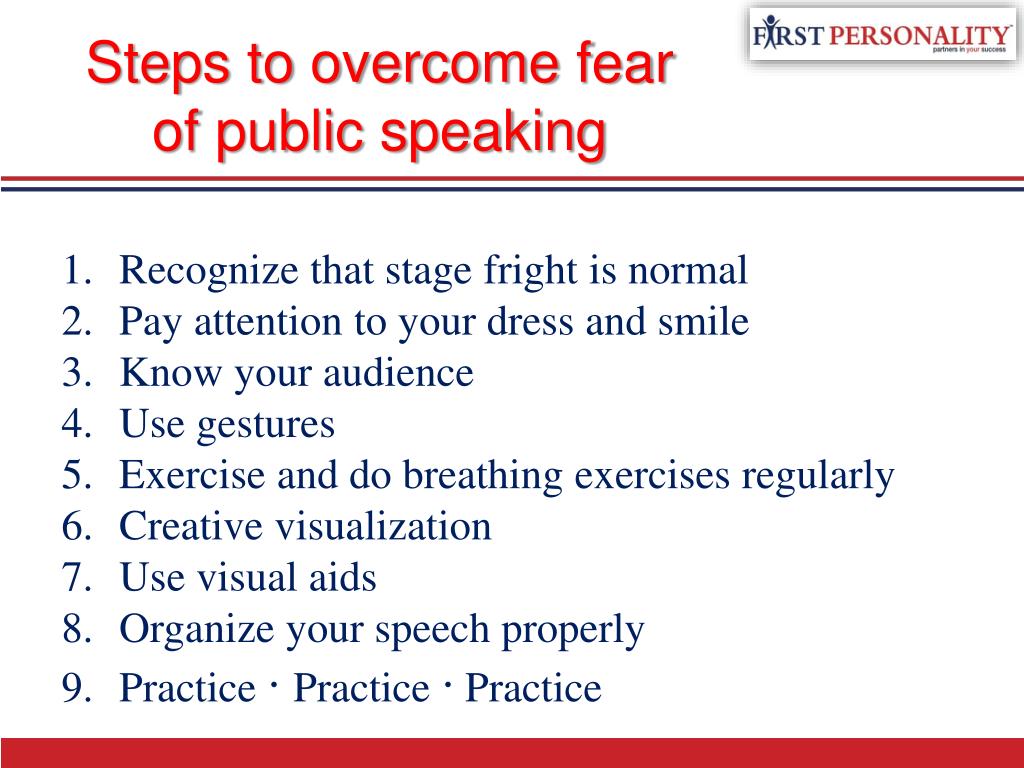 This is a fairly common occurrence that many people experience.
This is a fairly common occurrence that many people experience.
Public speaking can be compared to blogging. I have been blogging for over seven years now. At first these were text posts, but after a while it became possible to publish Stories, and in order to keep the attention of the audience, it was necessary to record a video. Each video caused me stress, because is a mini-version of a public speech. It is necessary to formulate a thought, choose the light, think over the intonation, shoot and put it on display for the audience. In response, you can get negativity or indifference.
Stories are great practice to take the first step in overcoming your fear of speaking in public, but it's not enough. When you are one on one with the camera, you can make dozens of takes, look at yourself from the side, evaluate facial expressions, gestures, speech and the image as a whole. On stage, there is no way to re-record your performance. Speaking is more than just a confident speech in a frame. My first performances were a complete failure. I was shaking, I forgot the words, I felt panic during pauses ( see also: Grounding technique: how to quickly take control of emotions).
My first performances were a complete failure. I was shaking, I forgot the words, I felt panic during pauses ( see also: Grounding technique: how to quickly take control of emotions).
After that, I started to learn different methods that could help me feel comfortable on stage. There are two components of a performance: emotional and technical. It is not enough to know how to properly build your speech and various tricks of working with the audience, it is important to be prepared for the stage on a psychological level.
Examine your fear
Observe your fear the moment it occurs. What are you really afraid of, what are you thinking about at this time, what are you experiencing: panic, anxiety, embarrassment? Write down your observations. Write down any concerns you have. For example, at the first performances, I was afraid that the audience would consider me a bad expert, my image on social networks would not match the real one, and I would look ridiculous.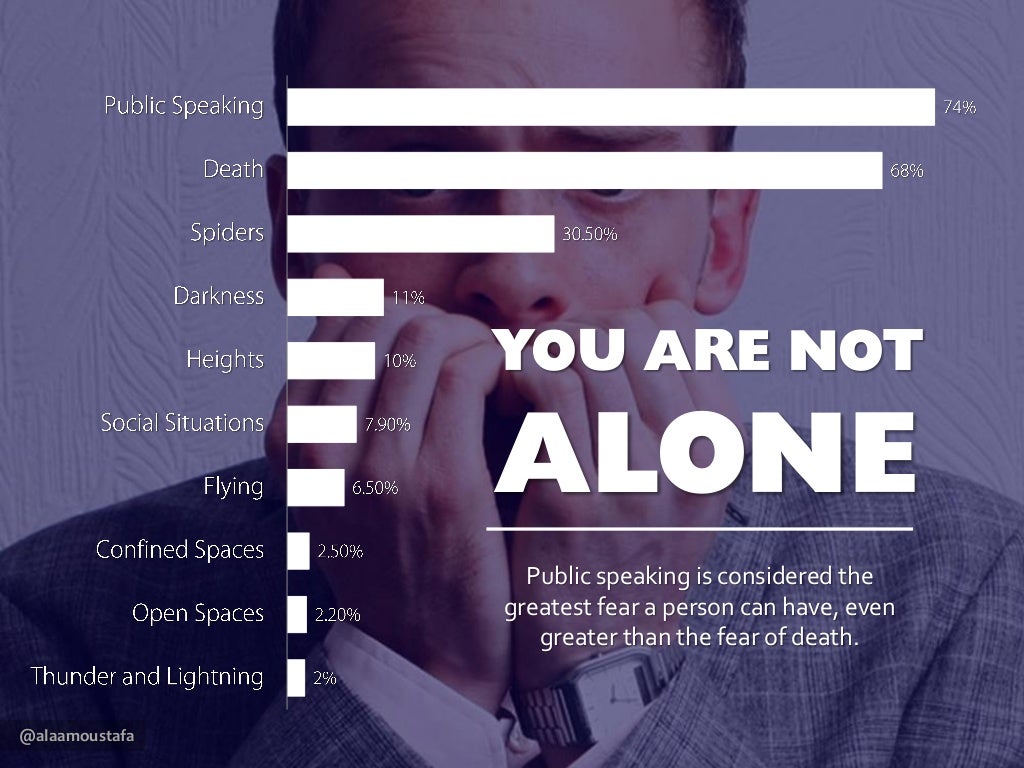
Remember your childhood
It is difficult to deal with the effect without knowing the cause. By realizing where the fear came from, it will be easier for you to eradicate it. For example, you can find these two sources:
-
Fear is inherited. From shy parents, the belief passes to you that you need to be quiet and not draw attention to yourself;
-
Once you forgot the words, and sometimes you forgot the words, and someone laughed at you. This is an unpleasant sensation that can sit inside for a long time.
Work on loosening up
Try taking dance classes (it worked for me). Dancing is a great way to learn to feel more confident and free and start having fun when you are the center of attention. Another important point can be vocal lessons. For example, I worked out the purity of speech, put the voice and breathing. The lessons help you get used to yourself and the feeling that you are standing in front of an audience.
Learn the technical basics of speaking
By reading books on public speaking and observing different speakers, you can analyze the structure of speech, ways to engage the audience and fill in pauses ( see also: 10 words that many people use and misunderstand (perhaps you too). each expert has their own chips, and there is a lot to learn for yourself. Or is your personal story completely unique and it will be useful for others to learn from this experience?
Recognize that we are all different
I used to think that there is a single standard for speakers, and everyone who speaks in front of an audience should meet it. But not everyone needs to jump on stage and shout motivational phrases like Tony Robbins. Each person is special, and you need to be yourself, and not try to meet the standards. Of course, the stage has its own rules, but you need to be yourself, and using different chips, you can stand out from the rest.
For example, at one event I saw that the speaker brought something with him to the stage. For the next performance, I took a chest that symbolized the talents of a person. It was filled with different boxes and I used them to visualize what was said. It was very beautiful and meaningful.
For the next performance, I took a chest that symbolized the talents of a person. It was filled with different boxes and I used them to visualize what was said. It was very beautiful and meaningful.
Practice
Once you've had your first successful performance, don't stop there. Constant practice is needed. You can keep stories, record voice messages and videos for friends, speak at small events with friends.
Everyone is scared at the beginning of the journey, especially if thousands of eyes are looking at you, but working through your fears and constant practice can correct the situation. Before, I didn’t even think that I could go on stage and feel confident, but now I am a speaker at the largest conferences in Russia and speak at Crocus City Hall.
About the expert:
Blogger, entrepreneur. Speaker at the conference "Proyavis" and the largest conference on Instagram "Instadium".